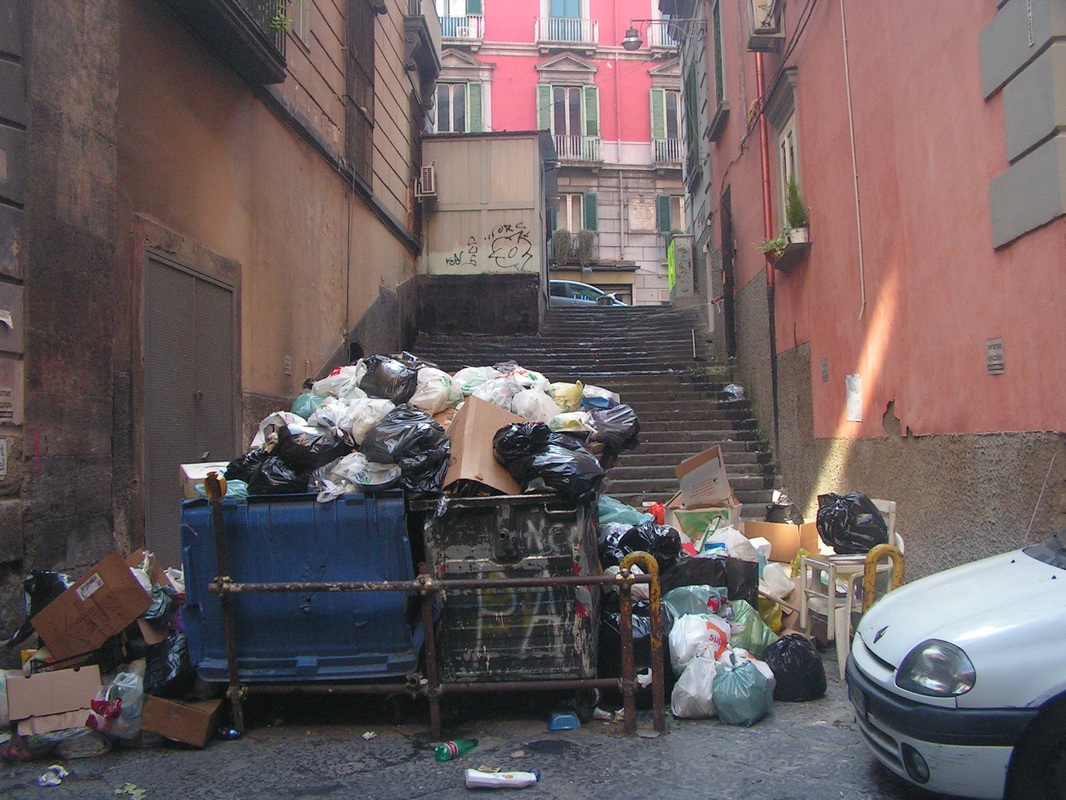---------------------------------------------------
When the health inspector visited Emilio's pizzeria and immediately closed it down, none of his friends could believe he had let it happen. After all, they said, he knew that an inspection was imminent, so why didn't he clean things up?
Emilio's answer was simple. He had been told that an inspector would be making a surprise call sometime before the end of the month. Emilio had sat down and wondered what day the inspection could be. It couldn't be on the 31st: if the inspector hadn't come before then, the inspection could only be on that day, and so it wouldn't be a surprise. If the 31st was ruled out, then so was the 30th, for the same reason. The inspection couldn't be on the 31st, so if it hadn't taken place by the 29th, that would only leave the 30th, and so it again would not be a surprise. But then if the inspection couldn't be on the 30th or the 31st then it couldn't be on the 29th either, for the same reasons. Working backwards, Emilio eventually concluded that there was no day the inspection could take place.
Ironically, having concluded no surprise inspection was possible, Emilio was very unpleasantly surprised when the inspector walked through his door one day. What was wrong with his reasoning?
Source: The widely discussed "surprise examination paradox" has its origins in a wartime Swedish radio broadcast.
Baggini, J., The Pig That Wants to Be Eaten, 2005, p. 208.
---------------------------------------------------
Okay, I think I have an answer for this. I'd say I'll be back on Friday to surprise you with it, but then...would I?


